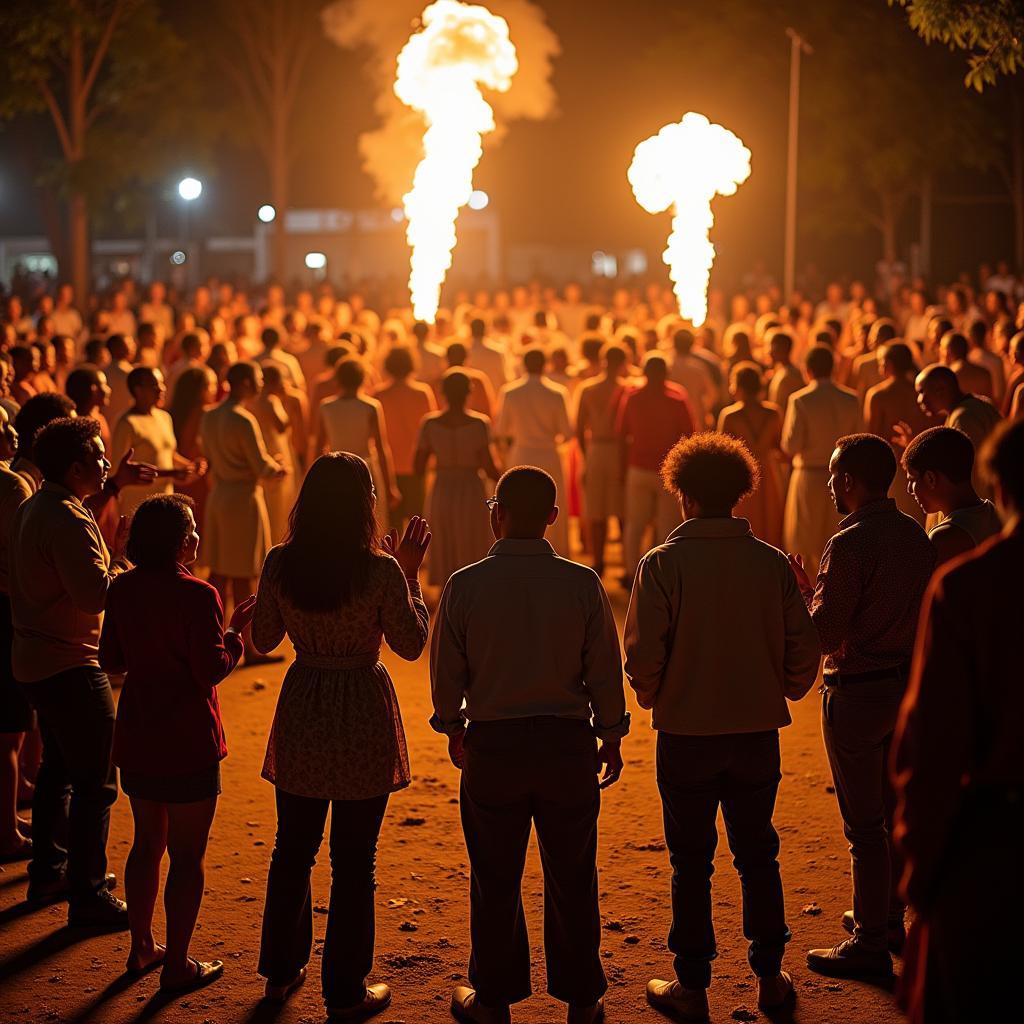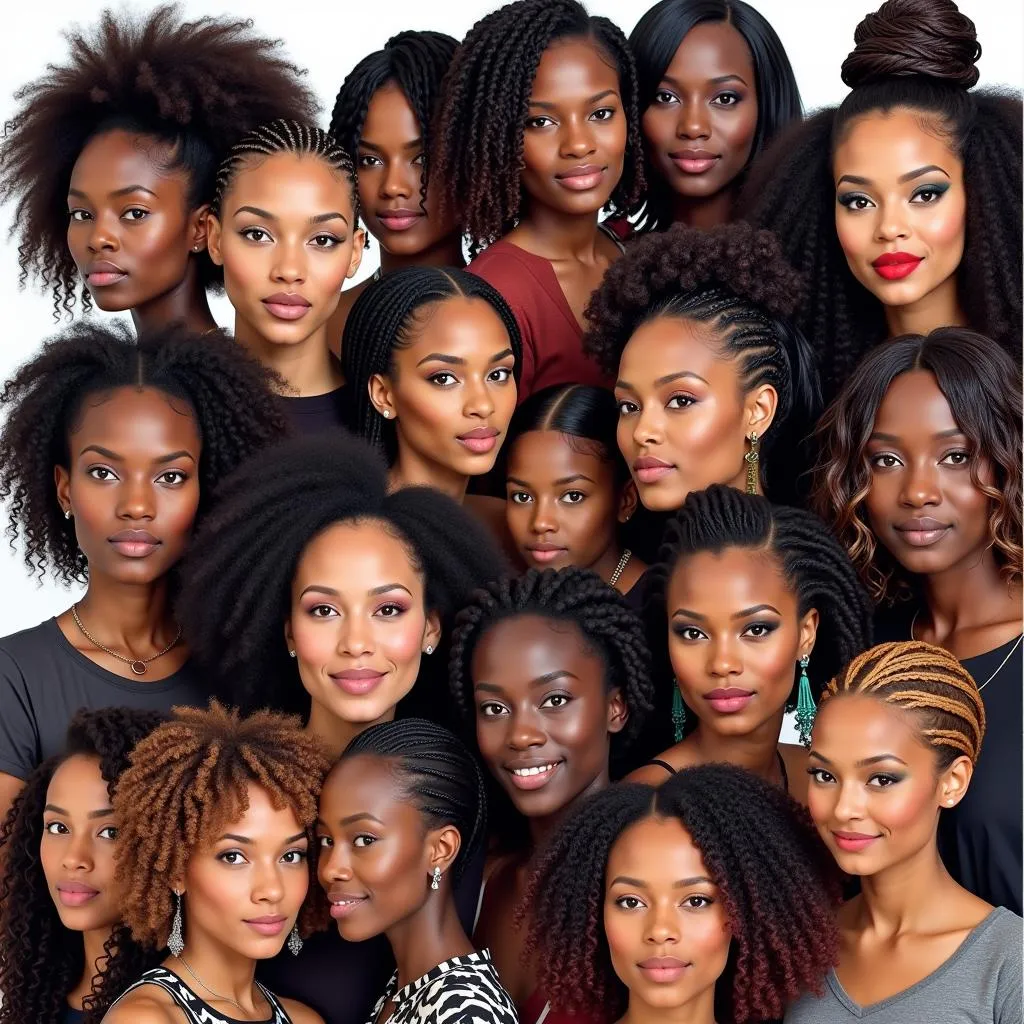African American Religious Practices: A Journey of Faith and Resilience
African American Religious Practices represent a rich tapestry woven from centuries of history, struggle, and unwavering faith. Rooted in African traditions, shaped by the experiences of slavery and emancipation, and continuously evolving in the face of contemporary challenges, these practices offer a unique lens through which to understand African American identity, culture, and community.
The Enduring Legacy of African Spirituality
While the transatlantic slave trade aimed to strip enslaved Africans of their cultural heritage, their spiritual beliefs proved remarkably resilient. Elements of indigenous African religions, often characterized by a reverence for ancestors, a belief in a supreme being, and a deep connection to the natural world, were subtly woven into the fabric of African American life. These beliefs provided solace, strength, and a sense of continuity during times of unimaginable hardship.
 African American Ring Shout Ceremony
African American Ring Shout Ceremony
The Rise of the Black Church
The advent of Christianity in African American communities marked a significant turning point. Initially embraced as a message of hope and liberation, Christianity was soon molded to reflect the unique experiences and aspirations of Black people. The Black church emerged as a sanctuary, a place of refuge from the harsh realities of racism and segregation, and a powerful force for social change.
Spirituals: Songs of Sorrow and Hope
One of the most enduring legacies of the Black church is the tradition of spirituals. These soul-stirring songs, often sung a cappella, gave voice to the pain of slavery while simultaneously expressing a deep-seated faith and longing for freedom. Spirituals served not only as a form of religious expression but also as coded messages of resistance and hope.
Preachers and Prophets: Voices of Empowerment
The role of the preacher in the Black church cannot be overstated. Often seen as both spiritual leaders and community activists, Black preachers have played a pivotal role in shaping the social and political consciousness of African Americans. From Frederick Douglass to Martin Luther King Jr., Black preachers have consistently used their platforms to challenge injustice and advocate for equality.
Diversity and Evolution of Faith
Today, the landscape of African American religious practices is remarkably diverse. While the Black church remains a cornerstone of many communities, there is a growing presence of other faiths, including Islam, Buddhism, and various forms of spirituality. This diversity reflects the evolving identities and experiences of African Americans in the 21st century.
Frequently Asked Questions About African American Religious Practices
-
How did African spirituality influence African American religious practices?
African spiritual beliefs, such as ancestor veneration and a connection to nature, subtly influenced the development of religious practices among African Americans, providing a sense of continuity and resilience. -
What is the significance of the Black church in African American history?
The Black church has served as a pillar of strength, a sanctuary from oppression, and a catalyst for social change throughout African American history. -
What are spirituals and why are they important?
Spirituals are soul-stirring songs that originated during slavery, expressing the pain, faith, and hope of African Americans. They hold immense cultural and historical significance. -
How have African American religious practices evolved in recent times?
While the Black church remains significant, there is growing diversity in faith traditions among African Americans, reflecting evolving identities and experiences. -
Where can I learn more about African American religious experiences?
Numerous books, documentaries, and academic resources explore the richness and complexity of African American religious practices.
Explore Further:
For more insights into African culture and wildlife, check out these articles:
Need More Information?
Contact us at +255768904061 or [email protected]. You can also visit our office located at Mbarali DC Mawindi, Kangaga, Tanzania. Our dedicated customer support team is available 24/7 to assist you.

